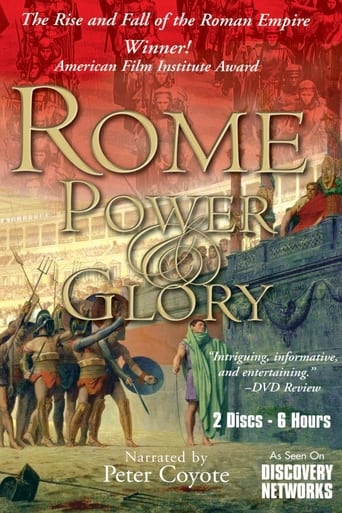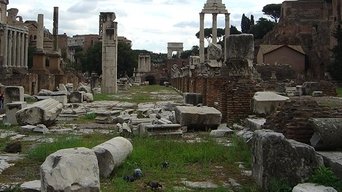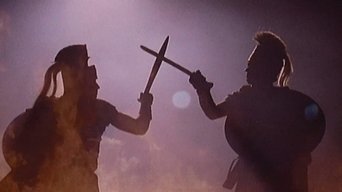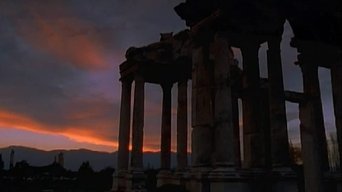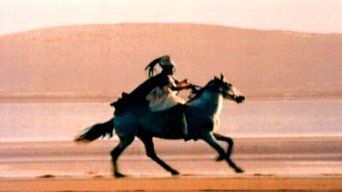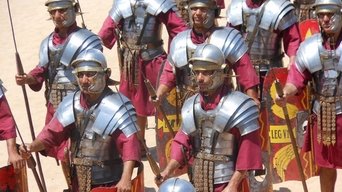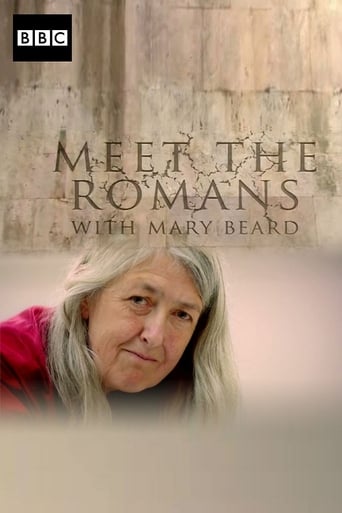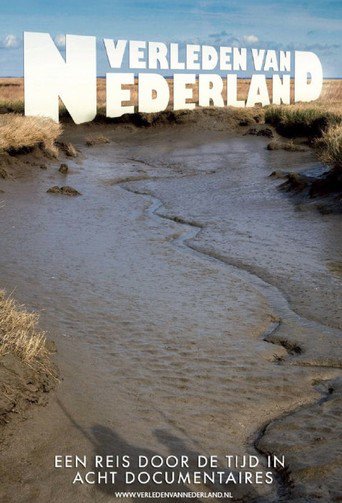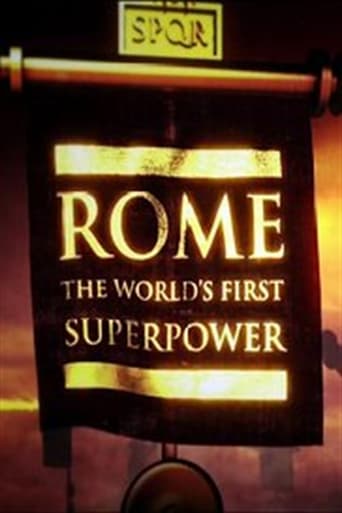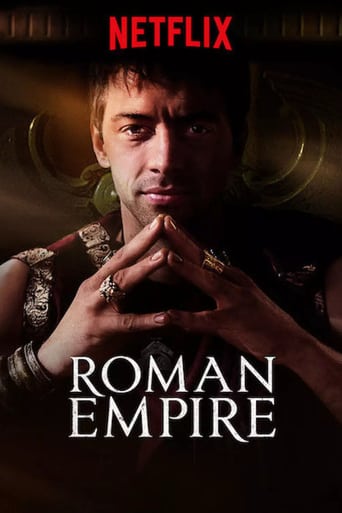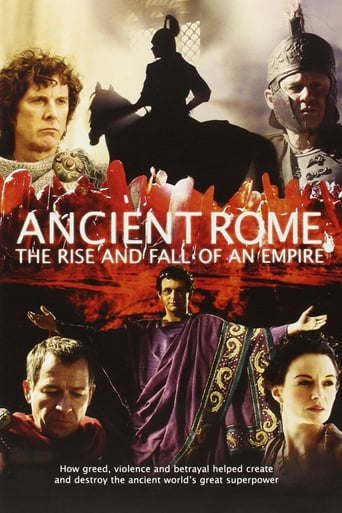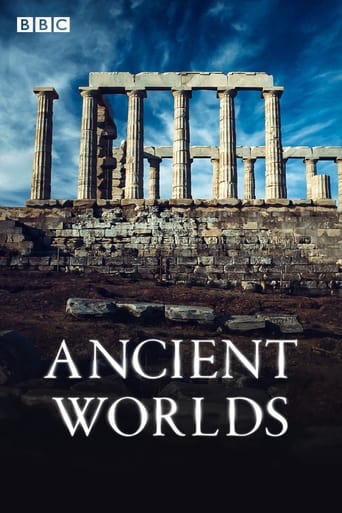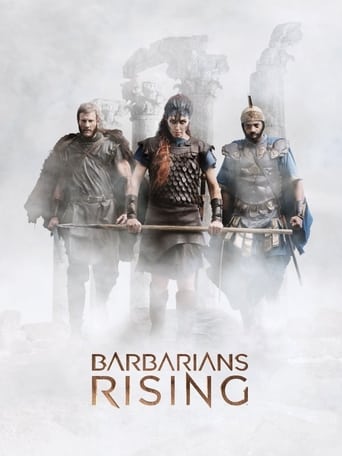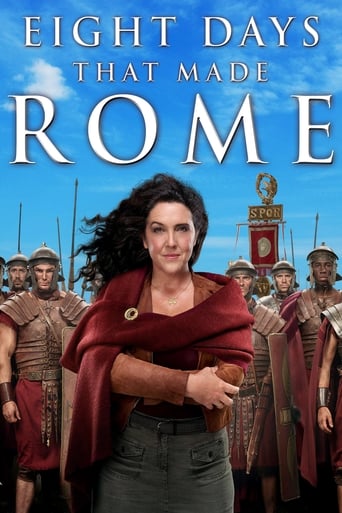Rome: Power & Glory Season 1
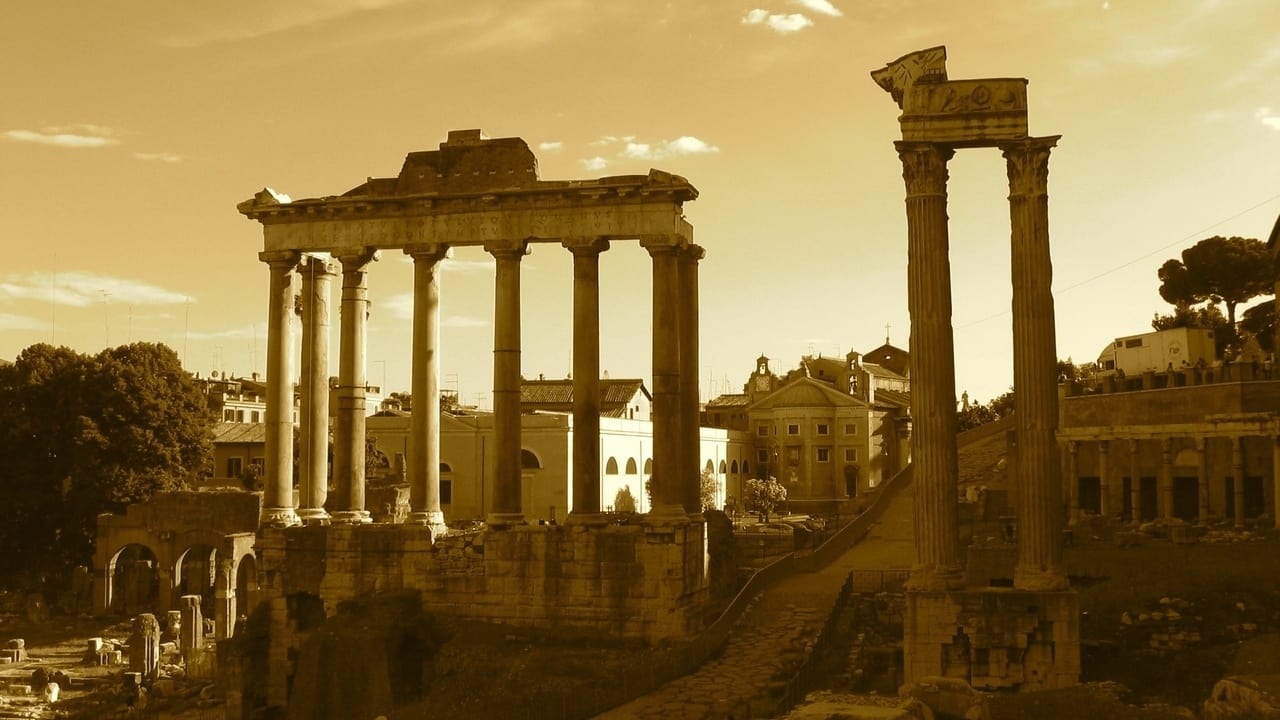
Travel back in time to one of the most glorious empires in history. For over 1,000 years, Rome was the center of the known world, bringing to her subjects a common language, shared culture and wealth beyond imagination. But war, barbarian attacks and moral decay eventually took their toll, and the empire slowly began to crumble. Experience ancient history come to life, from Rome's primitive beginnings to the height of its glory – and its eventual downfall. Filmed in 10 countries, this documentary combines location footage of ancient monuments, detailed reenactments, period art and writings, and fascinating insights from scholars and public figures. Witness the ancient world come to life – and see history in all its drama.
Watch NowWith 30 Day Free Trial!
Rome: Power & Glory
1998 / TV-14
Two thousand years ago, one civilization held the entire Western world in its grasp. From Northern Europe to Africa and the Middle East. It imposed laws, ideas and a single language. Rome was the super power of the ancient world. Indeed later super powers never stopped learning the lessons of her spectacular rise and fall. Rome truly was a colossal empire. During the rise of the Roman Empire, it was not always easy to separate virtue from vice, or hero from villain. Indeed, all too often, they were one and the same.
Watch Trailer
With 30 Day Free Trial!
Rome: Power & Glory Season 1 Full Episode Guide
Hidden History
Letters from the Roman Front
Rome's glory had shone for a thousand years. The Roman Empire had united all lands from Spain to Syria, created more prosperity, more stability and more peace than the Western world had ever seen. Nothing lasts forever. In the 3rd Century AD, civil war engulfed the empire. Chaos and corruption undermined it from within and from every direction Rome's enemies gathered for the kill. By the end of the 4th century, the Roman Empire was nothing more than a fragile military machine that was no match for the invading barbarians. The inevitable occurred in 410 AD when Rome, the historic heart of the Empire, was sacked. As the Vandals stormed the city they were shocked at what they found. Gone were the crowds of the Golden Age. An eerie silence greeted the warriors as they wandered the same streets that their ancestors had walked down in chains 150 years earlier. The inhabitants of Rome, with their empire crumbling, had been chased away, the glory that had been Rome was of another day.
Rome fashioned a cultural template that resonates today in Western art, architecture, medicine and urban planning. As the Roman Empire grew, this pagan model blended with a host of beliefs reflecting the multi-cultural world it encompassed. From this mix emerged Christianity, by its very nature at odds with the deeply rooted values of Roman Culture. Romans thought they had united the world. But after centuries of conquest and glory, resentment festered within. Repression and chaos replaced tolerance and order; and the gap between the wealthy and the poor had become unimaginably wide. Indeed ninety-five percent of the population struggled beneath the poverty line. Cults of dissent emerged that threatened to divide the empire forever. "Cult of Order" aims to track the corruption of the values that made Rome 'great'; as excellence gave way to excess.
Rome conquered with the brute force of her military machine, sweeping entire peoples into her empire. With the wars over, the treaties signed, the bodies buried, whether you were a Gaul or a Carthaginian, whether you were from the East or the West, life as you had known it would never be the same again. At its height, the Roman Empire ruled 50 million people as a single civilization. The Roman Empire was the largest and the most enduring of its kind. In "Grasp of an Empire", the viewer will experience the exporting of the Roman world through the glory years of conquest into the stability of the longest peace the world had ever known; The Pax Romana.
Rome seemed to own the world. Her empire stretched from Scotland to the Sahara. Her army controlled three continents. Fifty million people lived under her laws. Rome's Empire was the greatest political prize the world had ever seen. "Seduction of Power" is the story of those who would do anything to win it. The same political system that had created the magnificent monuments of the Roman Empire, the Pantheon, the Coliseum, the Forum and provided "bread and circuses" for all, would prove a breeding ground for self-interest, assassination and civil wars. The same highly-disciplined Legions that had conquered an area of more than two million square miles would dissolve into warring factions, be turned against Rome's own citizenry and in the end, prove unable to maintain the expanse of its conquests.
In her early years Rome was a Democratic Republic, its military an army of Roman citizens. For centuries, it was the proud duty of every landowning Roman to serve in the name of the Eternal City, indeed this was the first army that was literally built as part of the fabric of the state. Even though these citizen soldiers were not professional fighting men, they were the best trained forces the world had ever seen. These Roman soldiers had begun as defenders of their city, they became the most successful warriors in history. They conquered city after city, nation after nation, Rome was the greatest empire the world had ever known. In their brutal grasp, they held a huge expanse together for more than 1,000 years. "Legions Of Conquest" is a saga of proud men and almost unending triumph. It's the story of the conquest of the Roman Empire.
Two thousand years ago, one civilization held the entire Western world in its grasp. From Northern Europe to Africa and the Middle East. It imposed laws, ideas and a single language. Rome was the super power of the ancient world. Indeed later super powers never stopped learning the lessons of her spectacular rise and fall. Rome truly was a colossal empire. During the rise of the Roman Empire, it was not always easy to separate virtue from vice, or hero from villain. Indeed, all too often, they were one and the same. Rome was still an adolescent discovering who it wanted to be, and its dream of greatness was a prelude to a nightmare. It was not for another 100 years that the state would mature and commit to one enduring view of itself. It would be the army, more than any other force that was destined to shape Rome's lasting identity.
Free Trial Channels
Seasons


